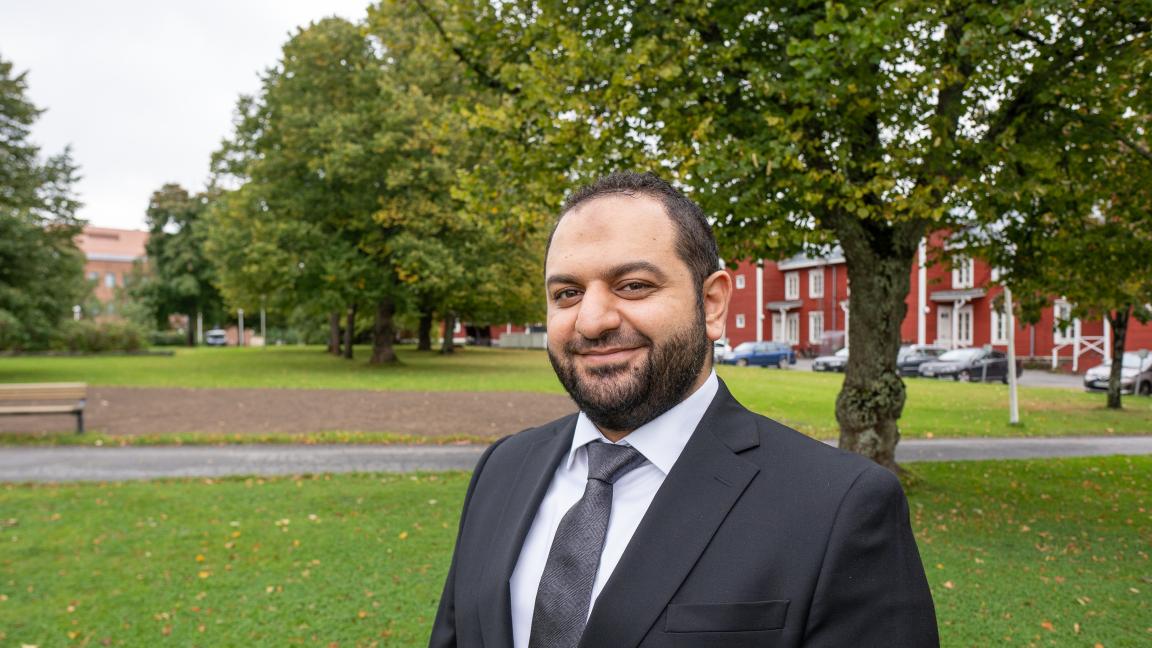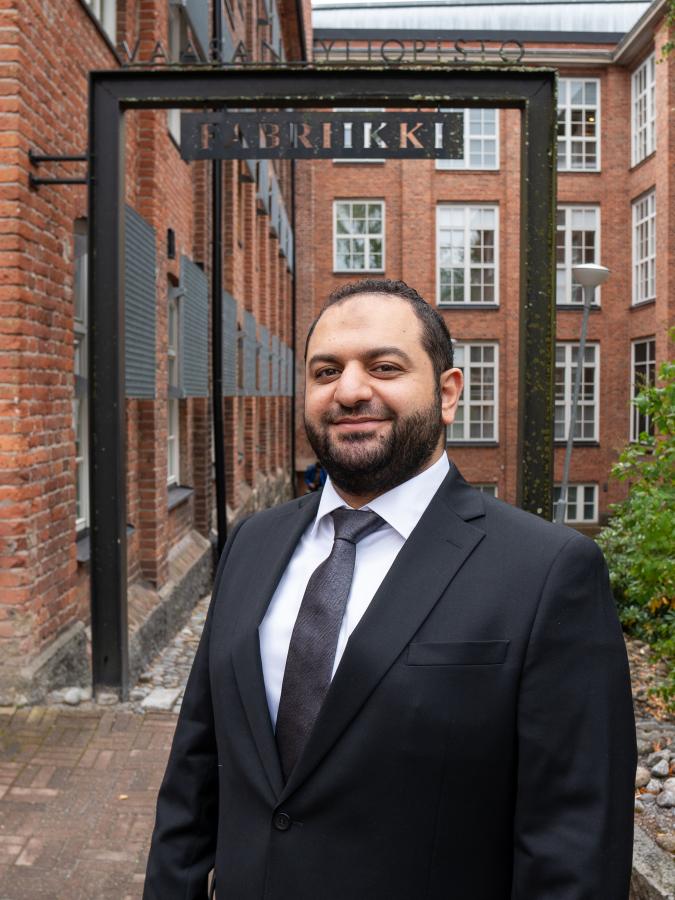GPS jamming? No problem, LEO satellites hold the key to resilient, interference-free navigation
Mahmoud Elsanhoury's doctoral dissertation at the University of Vaasa explores advanced positioning technologies to enhance navigation accuracy and reliability. The research covers multiple areas, including the development of a precise Ultra-Wideband (UWB) system for dense indoor environments, which is also known as “the indoor GPS”, improvements in outdoor vehicular positioning using GNSS, and a novel LEO satellite-based positioning method that addresses many of the limitations of current GNSS systems. Elsanhoury’s work involved extensive testing and simulations, demonstrating significant advancements in both indoor and outdoor positioning accuracy.
– While advanced positioning technologies are crucial for overcoming challenges in navigation, including overcoming GPS jamming and interference, many current systems still fail in providing reliable solutions, says Mahmoud Elsanhoury, who will be defending his dissertation on October 3, 2024 at the University of Vaasa.
Elsanhoury's doctoral research focuses on two distinct technologies: UWB systems for precise indoor positioning and LEO satellites for enhanced outdoor navigation. The UWB technology significantly enhances positioning accuracy within dense indoor settings, while the LEO satellite-based system addresses the limitations of traditional GNSS.
Leo satellites: a novel solution for outdoor navigation
For outdoor environments, Elsanhoury’s research introduces a novel LEO satellite-based positioning method. This approach addresses the impact of GPS jamming and interference, which is a persistent challenge in Finland and other regions. The LEO satellite system employs multiple signal beams to enhance navigation reliability, ensuring accurate positioning even when traditional GNSS systems are compromised.
The simulation results conducted were very promising as the new LEO-based method outperformed GNSS amid challenging road conditions, with improved LEO accuracy of 9.15 meters compared to GNSS accuracy of 26.6 meters.
– In outdoor environments, our methods showed more than 60%–190% improvements in positioning accuracy.
The new, patented method has received international endorsement and recognition.
– I have presented our LEO-MIMO invention at several international venues including in Japan, Germany, Belgium, and Spain. Every discussion with industry professionals has reaffirmed the substantial potential of our invention, particularly in delivering reliable location information with optimised resource usage and reduced risks. Recently, this patented idea won the EUNICE Entrepreneurial Award 2024 in Spain, says Elsanhoury.
Mahmoud Elsanhoury also believes the positioning technologies discussed in his doctoral dissertation could be applied to extra-terrestrial environments such as the Moon and Mars, especially as space agencies such as NASA and ESA are actively pursuing sustainable human presence in space.
Ultra wideband: a key technology for indoor navigation
The development of advanced UWB systems is crucial for navigating complex indoor spaces. The technology has shown resilience in dense industrial environments, also overcome the common wireless communication impairments. Integrating UWB with other assisting technologies such as inertial motion sensors can lead to more precise location information, and solving challenges posed by traditional systems in confined areas.
Elsanhoury’s experiments carried out in the Technobothnia laboratory on Vaasa Campus have shown substantial improvements in indoor positioning compared to typical standard methods with mean absolute accuracy of 4.7 centimeters only. The results are very promising for various applications such as smart logistics and automated systems.
Mahmoud Elsanhoury’s research activities have earned him several recognitions, including the NOKIA Foundation scholarship, Innovation of the Year award at the University of Vaasa, selection as one of the Top-10 young scientists in Finland, representing Finland at the global young scientists summit (GYSS) in Singapore, and winning the EUNICE entrepreneurial competition in Spain.
Doctoral dissertation
Elsanhoury, Mahmoud (2024) Towards Precision Positioning for Smart Logistics Using Ultra Wide-Band Systems and LEO Satellite-Based Technologies. Acta Wasaensia 534. Doctoral dissertation. Vaasan yliopisto. University of Vaasa.
Publication pdf: https://urn.fi/URN:ISBN:978-952-395-146-4
Public defence
The public examination of MSc. Mahmoud Elsanhoury’s doctoral dissertation, "Towards Precision Positioning For Smart Logistics Using Ultra Wide-Band Systems and LEO Satellite-Based Technologies," will take place on Thursday, October 3, 2024, at 12 noon in the Nissi Auditorium at the University of Vaasa.
It is also possible to participate in the defence via Zoom at the following link: https://uwasa.zoom.us/j/65072607632?pwd=RKqCOKsdDMQkp6lCAX0rTPu72uonQL.1. The password is 440699.
Professor Jari Nurmi (Tampere University) and Professor Simo Särkkä (Aalto University) will act as opponents, while Professor Mohammed Elmusrati will act as custos for the examination. Professor Heidi Kuusniemi and Dr. Janne Koljonen are co-supervisors.
Further information
Mahmoud Elsanhoury, mahmoud.elsanhoury (@) uwasa.fi
Mahmoud Elsanhoury was born in Alexandria, Egypt, and graduated from Faculty of Engineering, Alexandria University. He holds a Master of Science in Communications Engineering from the University of Vaasa, Finland, and has conducted significant research in positioning technologies. Currently, Elsanhoury is a university teacher and a research project manager with the Digital Economy Research Platform at the University of Vaasa and its Kvarken Space Center, where he focuses on advanced positioning systems and their respective applications.

